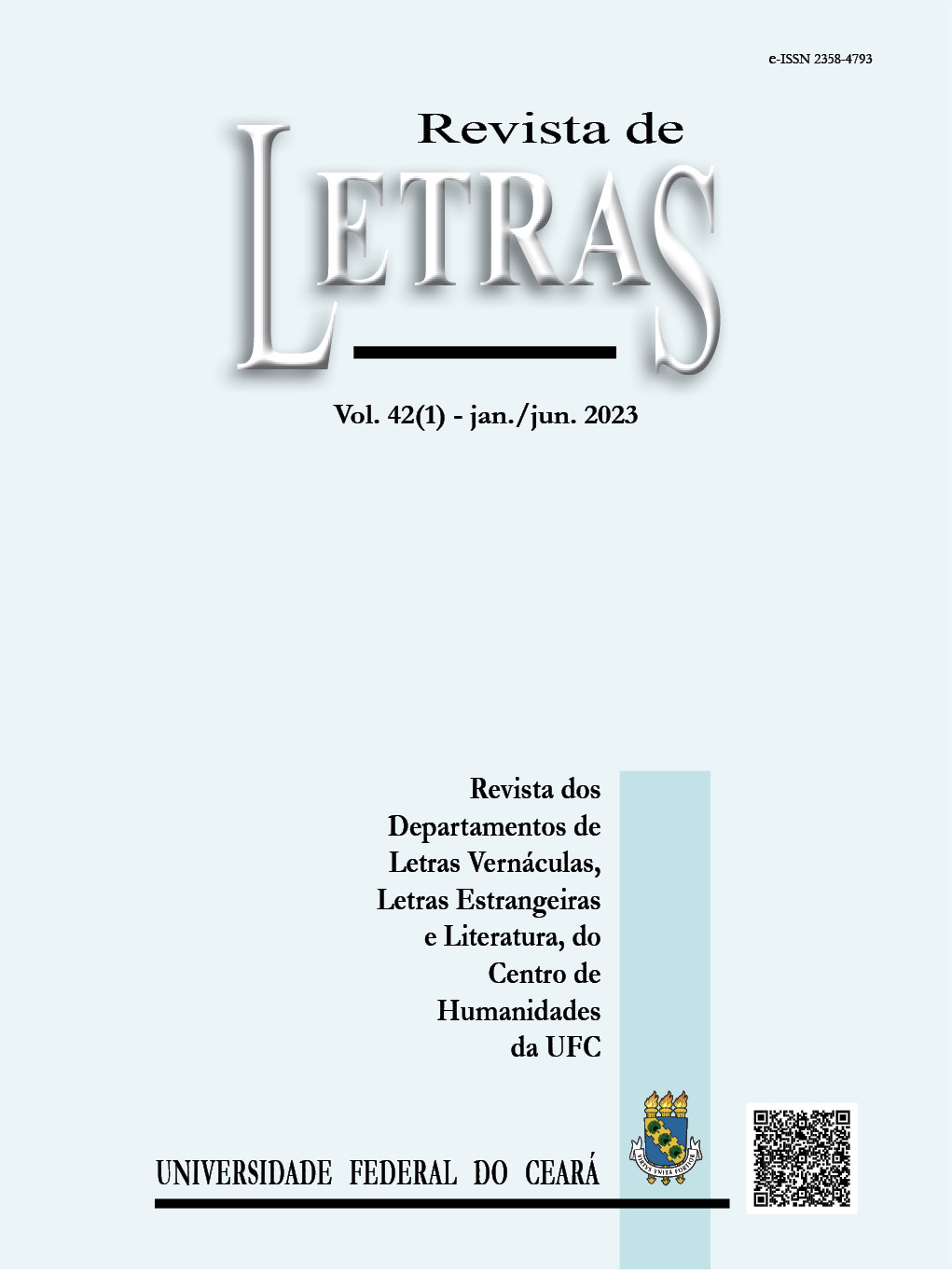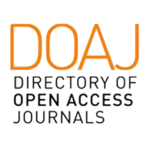REFLEXÕES SOBRE A TRADUÇÃO COMENTADA COMO GÊNERO ACADÊMICO
DOI:
https://doi.org/10.36517/revletras.42.1.20Abstract
This article proposes a reflection on commented translation as an academic genre. Upstream, we try to think about the founding elements of the very constitution of the comment, pointing out a set of theoretical-methodological procedures that make possible and originate the comments. With that in mind, it is necessary to outline a definition of the terms “comment” and “note”, as well as what a “commented translation” is, focusing especially on the literary text, differentiating it from annotated translation and the note itself. It is also sought, from a more stricto sensu approach to commentary, to situate it as a specific academic genre. Downstream, finally, the aim is to reflect on the impact of comments on a translation, in its different manifestations, as well as for the translator and the reader. Research by Torres (2017), Zavaglia (2015), Boisseau (2007), Sardin (2007), Berman (1986) formed the main theoretical texts of this work. It is, in short, about helping the researcher who chooses to carry out the commented translation of a literary work.
Downloads
Downloads
Published
How to Cite
Issue
Section
License
Copyright (c) 2023 Revista de letras

This work is licensed under a Creative Commons Attribution 4.0 International License.
Autores que publicam nesta revista concordam com os seguintes termos:- Autores mantêm os direitos autorais e concedem à revista o direito de primeira publicação, com o trabalho simultaneamente licenciado sob a Licença Creative Commons Attribution que permite o compartilhamento do trabalho com reconhecimento da autoria e publicação inicial nesta revista.
- Autores têm autorização para assumir contratos adicionais separadamente, para distribuição não-exclusiva da versão do trabalho publicada nesta revista (ex.: publicar em repositório institucional ou como capítulo de livro), com reconhecimento de autoria e publicação inicial nesta revista.
- Autores têm permissão e são estimulados a publicar e distribuir seu trabalho online (ex.: em repositórios institucionais ou na sua página pessoal) a qualquer ponto antes ou durante o processo editorial, já que isso pode gerar alterações produtivas, bem como aumentar o impacto e a citação do trabalho publicado (Veja O Efeito do Acesso Livre).

.png)






.png)
